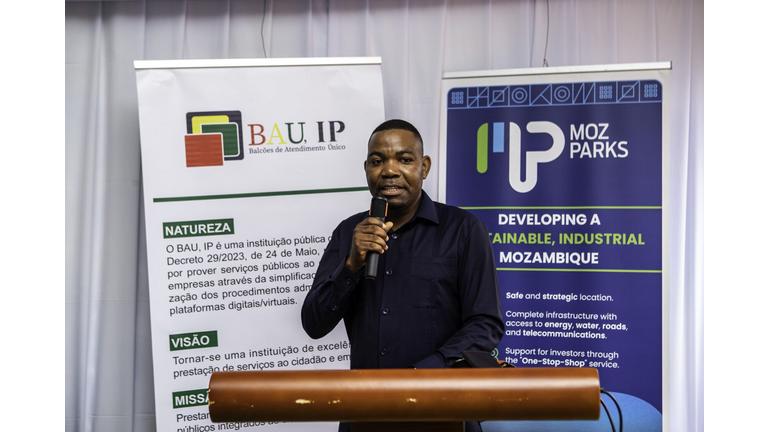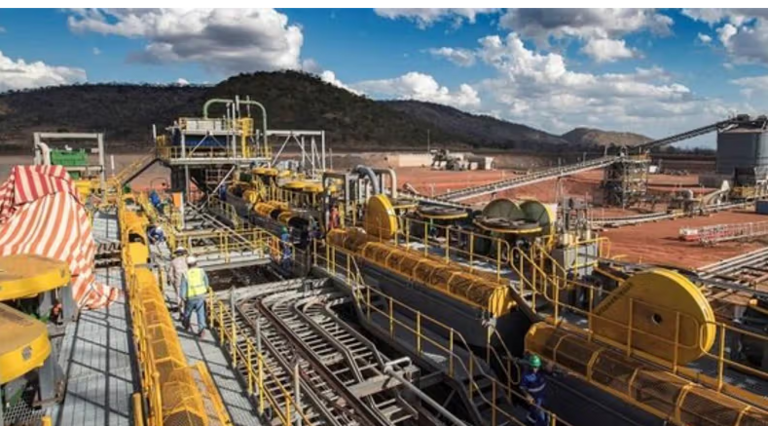Communication - Presse
Coface: Only an agreement with the IMF can solve Mozambique’s over-indebtedness

The Mozambique analyst at credit insurance company Coface told Lusa today that an agreement with the International Monetary Fund (IMF) would be key to solving the country’s debt sustainability problem.
“Even with the approval of a disbursement of US$309 million under the Rapid Credit Facility to help Mozambique combat the effects of the new pandemic, solving the problem of over-indebtedness will be very difficult without a long-term agreement with the IMF,” Aroni Chaudhuri said.
The Coface analyst pointed out that an IMF financial assistance programme “would improve creditors’ confidence and help in the definition of long term investment objectives. in terms of fiscal consolidation”.
IMF support, he stressed, “will be a necessity for the reduction of sovereign and country risks in the future”, at a time when Coface itself classifies Mozambique as Level E – the highest in terms of risk for investors.
Predicting a recession this year for the first time in the country’s history, Chaudhuri recalled that “Mozambique’s credit quality remains extremely fragile, following the 2016 and 2017 financial defaults and the IMF’s decision to suspend collaboration with the country after the disclosure of the hidden debt scandal”, which disbarred Mozambique from access to external financing.
Initiatives being taken by international partners to suspend debt payments to official bilateral creditors are therefore “crucial to improving debt sustainability and reducing the risk of default, as well as improving conditions for credit to sustain the recovery”.
The Coface analyst explained in an interview with Lusa that, even before any negotiations with the IMF, which were ongoing before being interrupted by the coronavirus pandemic, “Mozambique will need more external support through donations and highly concessional loans to resume economic growth in 2021”.
This is the principal requirement in avoiding default as a result of the crisis itself, since the stabilisation of the budget deficit is essential to avoiding a deterioration in debt sustainability.
Asked if he considers Mozambique currently at risk of financial default, the analyst replied that “the country was already at high risk even before the pandemic, since it had already missed payments in 2016 and 2017, which means that the crisis only exacerbated the risk that already existed”.
With negative growth forecast for this year and with a public debt worth 120% of GDP, Coface considers that “the need for fiscal consolidation has never been more urgent, but the problem is that the Covid-19 pandemic will hamper these efforts, since the drop in revenues due to the contraction of activity and support measures and the increase in public expenditure will influence the deficit in public accounts”.
For this reason, he warns, “the risk of default will remain very high in the short and medium term”.
Chaudhuri says that, in common with a number of African countries, the Covid-19 pandemic affected Mozambique in three main ways: the contraction of economic activity by 0.5% this year due to containment measures; the fall in revenues from coal and aluminium exports; and the possibility of investment delays in the country’s liquefied natural gas projects.
Source: https://clubofmozambique.com/news/coface-only-an-agreement-with-the-imf-can-solve-mozambiques-over-indebtedness-176788/


